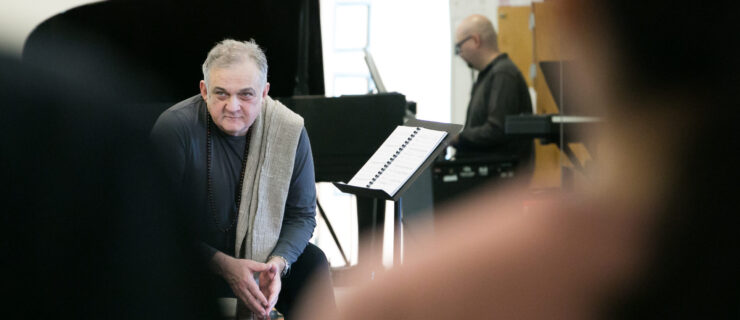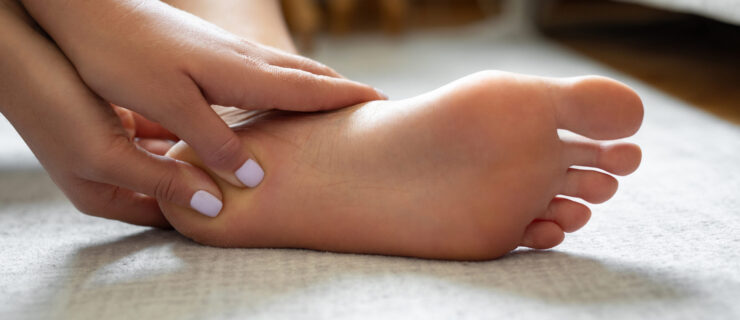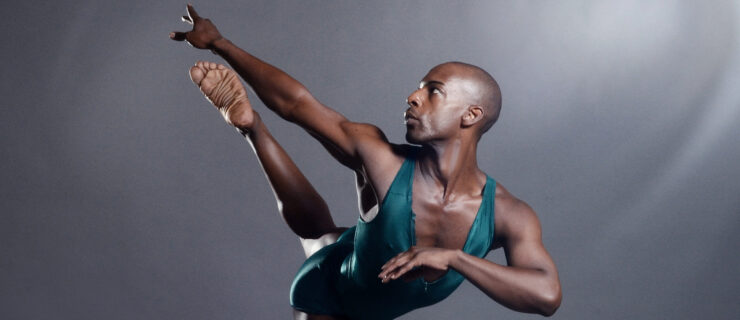When Does Healthy Become Too Healthy? 5 Warning Signs of Orthorexia
You wander through the grocery aisles, sizing up the newest trends on the shelves. Although you’re eager to try a new energy bar, you question a strange ingredient and decide to leave it behind. Your afternoons are consumed with research as you sort through endless stories about “detox” miracles.
What started as an innocent attempt to eat healthier has turned into a time-consuming ritual with little room for error, and an underlying fear surrounding your food choices.
As a registered dietitian and a dancer, I’m here to tell you that it might be time to deviate from your “healthy diet.”
While it’s not officially recognized as an eating disorder, orthorexia is widely accepted as a problematic obsession with healthy eating. It’s defined as disordered eating behaviors that occupy one’s existence, standing in the way of social, emotional and physical growth.
Dance is an aesthetic sport that makes us vulnerable to obsessive control over our food choices. As we try to balance the need for fueling performance with the desire to “look the part,” we risk unrealistic expectations of body image. The key is to identify these warning signs that healthy habits have turned into unhealthy restrictions.
 Jay Wennington/Unsplash
Jay Wennington/Unsplash
Red Flag: Overwhelming Concern Over Food Quality
While being aware of food labels is essential to a healthy lifestyle, don’t restrict yourself only to foods with ingredients deemed “healthy” or “clean.” Ask yourself: Do you feel anxious about eating something without knowing every ingredient?
Red Flag: Food Consumes Your Thoughts
While an interest in nutrition is a great way to lead a healthy lifestyle, problems arise when thoughts about food overwhelm your ability to experience unfamiliar environments. For example, someone with orthorexia may spend hours each day worried about what food might be served at an upcoming event.
Red Flag: Inflexible Eating Patterns
Those with orthorexia might be unable to eat food they don’t prepare themselves. Due to a severely rigid diet, they may avoid meals completely if not presented with a choice that has been deemed “healthy.” They may feel it necessary to prepare and bring personal food to events.
Red Flag: Emotional Distress When “Food Rules” Are Broken
Food rules are created as one begins to cut out an increasing number of food groups (examples include all sugar, all carbs, all dairy, all meat, all non-organic options). If someone with orthorexia veers from these rigid eating patterns, severe anxiety, distress, guilt and/or depression typically follows.
Red Flag: Severe Concern Over Your Health and Performance
A person with orthorexia is unable to enjoy food for its experience, tastes or flavors. Rather, the sole purpose of eating is only for the nutritional benefit that a food can have on one’s health or performance.
If your anxiety results in you avoiding certain foods or social situations, then you may want to reassess your health goals. The cost of food- and social-avoidance can outweigh any potential health benefits. If you feel that you can relate to any of the above red flags, consider speaking to a clinician who specializes in disordered eating behaviors, such as a registered dietitian, a psychologist or a psychotherapist.





